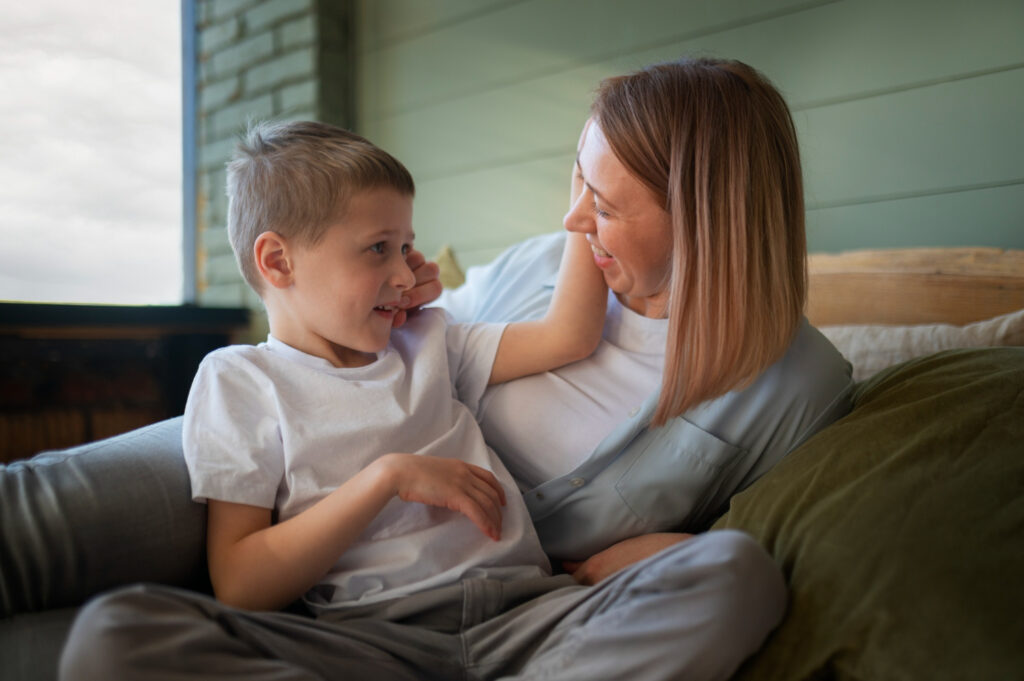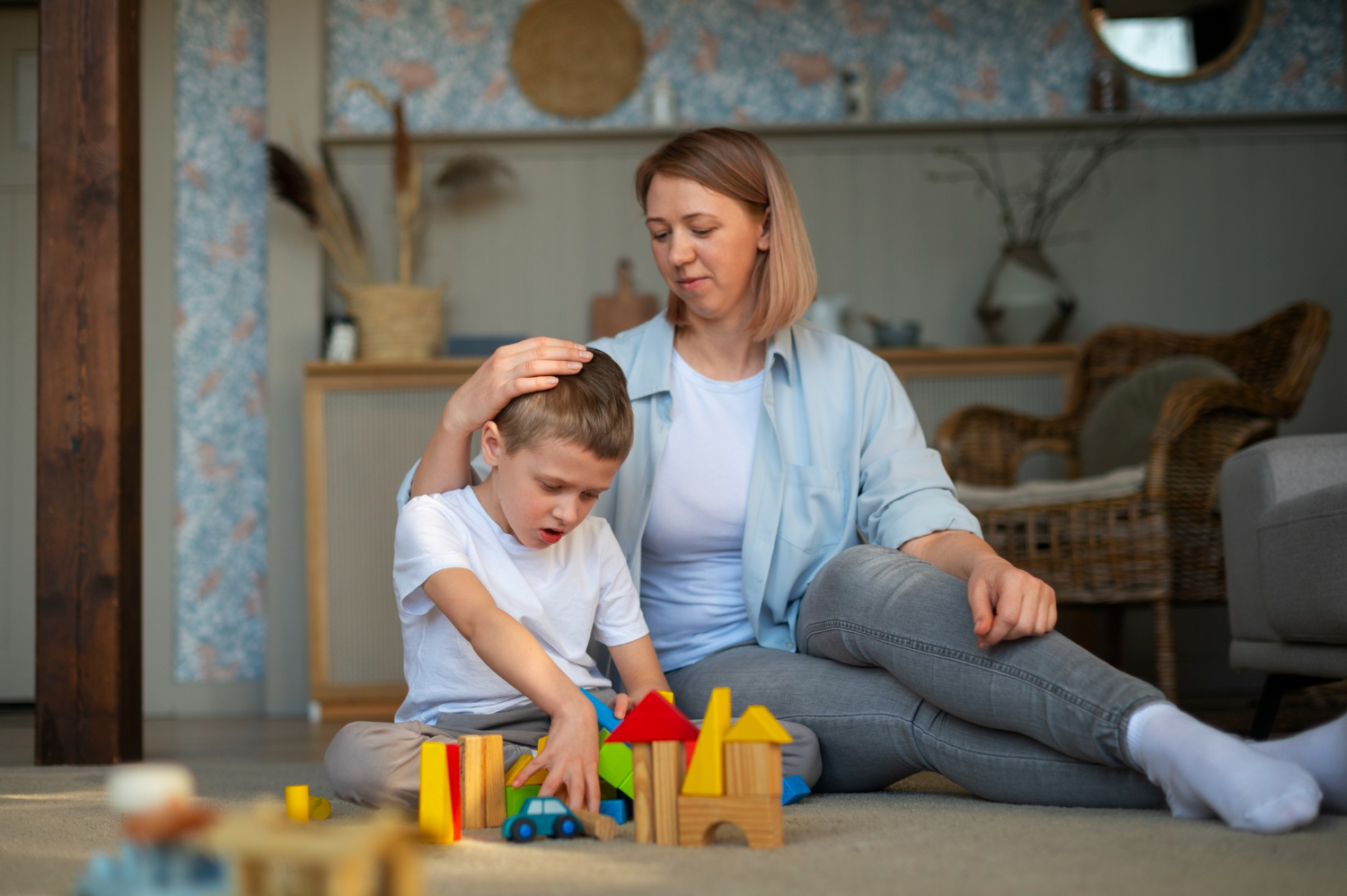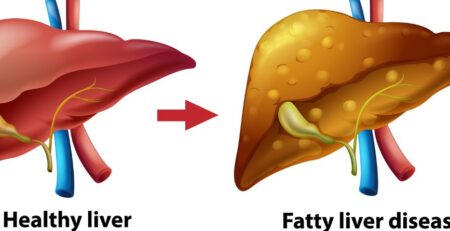Hope for Autism: Luke’s Top 16 Lifestyle Solutions for Real Results
“Just believing that there’s one way or no way of getting better…that’s hope and that’s a possibility.”
Living with autism can be challenging for families. Each day brings its struggles and joys as they navigate a world that doesn’t always understand.
But over the past 13 years, we’ve learned something remarkable alongside hundreds of children and young adults with autism:
- There’s more than one way to help people with autism.
- While treatments and medications are important, lifestyle changes can also make a big difference.
By making small adjustments like changing what we eat or how we learn, we can see positive changes in behavior and quality of life.
However, autism is not a one-size-fits-all condition.
Every individual is different, and what works for one might not work for another. We need to respect this bio-individuality. That’s why it’s important to keep an open mind and try different things.

Let’s discuss the ways that worked for our most successful clients with autism.
#1: The gut connection
The gut is often referred to as the ‘second brain,’ and for good reason. Research has shown a direct correlation between gut health and conditions like autism, depression, and cognitive decline.
By addressing the gut issues of your child, you can not only support digestive health but also potentially alleviate symptoms associated with autism.
- One of the key recommendations we make to parents is to consider eliminating dairy from their child’s diet.
Why? Because dairy products can exacerbate gut issues and contribute to inflammation in the body. This, in turn, can worsen symptoms of autism and hinder progress.
Even if a child isn’t celiac or lactose intolerant, reducing or eliminating dairy can lead to noticeable improvements.
- In addition to dairy, gluten – found in wheat, barley, and rye – is another common culprit.
Many children with autism benefit from reducing or eliminating gluten from their diets. This simple dietary change can lead to improvements in digestive issues, such as constipation and gas, as well as behavioral symptoms like colic.
Here are some amazing tips for starting a gluten and dairy-free diet.
#2: Good fats
Another crucial aspect of an autistic child’s diet – the incorporation of good fats.
When it comes to supporting gut health, not all fats are created equal.
- Good fats, such as those found in cold-pressed oils like avocado oil, coconut oil, and pure A2 ghee, offer a multitude of benefits.
They help to maintain the integrity of the gut lining, ensuring optimal absorption of fat-soluble vitamins like A, D, E, and K.
#3: Probiotics and prebiotics
Probiotics are beneficial bacteria that help maintain a healthy balance in the gut, while prebiotics are non-digestible fibers that feed these friendly bacteria, promoting their growth and activity.
Together, they form a powerful duo that supports digestive health and immune function.
The good news is that you don’t need to rely on supplements to reap the benefits of probiotics and prebiotics. Many everyday foods are rich in these gut-friendly nutrients.
- Onions
- Pears
- Apples
- Fruits like bananas
- Sauerkraut
- Kimchis
- Pure yogurts
For those who are lactose intolerant, coconut yogurt offers a delicious dairy-free alternative.

One standout probiotic that has worked with almost all the kids and adults we deal with is rice kanji. This simple fermented drink, made from cooked white rice, offers a potent dose of beneficial bacteria.
How to make rice kanji:
- To prepare rice kanji, simply take cooled, cooked white rice and place it in a clay pot.
- Fill the pot with water, cover it, and allow it to ferment overnight.
- In the morning, strain the liquid and serve it to your child as a refreshing probiotic drink.
You can also offer them a small portion of the fermented rice for an added probiotic boost.
Here are some more delicious and easy probiotic-rich recipes you can try at home.
#4: Omega-3
Omega-3 fatty acids are vital for brain function, cognition, and mood regulation. One of the best ways to increase omega-3 intake is through dietary sources.
- If you’re non-vegetarian you find it in your fatty fish
- If you’re a vegetarian you’ll find it in your walnuts and your chia seeds
#5: Garlic
For children with autism, garlic can be particularly beneficial. Garlic can stimulate the production of glutathione, the master antioxidant of the body that’s necessary for detoxification and proper gut function.
- Incorporating garlic into your child’s meals doesn’t have to be complicated. A little goes a long way, so start by adding small amounts of fresh garlic to their favorite dishes, whether it’s sprinkled over salads, stirred into soups, or mixed into sauces.
#6: Digestive enzymes
Digestive enzymes play a crucial role in breaking down food into nutrients that the body can absorb and utilize.
For children with autism, who may struggle with breaking down proteins, incorporating natural digestive enzymes into their diet can make a world of difference.
- Fruits like pineapple, banana, avocado, mango, and sauerkraut are all excellent sources of enzymes that aid in digestion.
- Additionally, pure unpasteurized honey contains enzymes that can help break down proteins, making it a valuable addition to your child’s diet.
#7: Antioxidants
Antioxidants are powerful compounds found in many plant-based foods that help protect the body from oxidative stress and inflammation.
One of the easiest ways to boost your child’s antioxidant intake is by including a variety of antioxidant-rich superfoods in their diet.
- Berries like blueberries, strawberries, and raspberries
- Nuts like almonds and pecans
- Lentils, chickpeas, and black beans
- Moringa
- Wheatgrass
- Cruciferous vegetables, such as cabbage, broccoli, radish, cauliflower, and kale, in cooked or steamed form

Elevate your child’s well-being with ethically grown fresh produce sourced from our wellness platform here.
#8: Avoid refined sugar and artificial additives
While it may be tempting to indulge in sweet treats, high consumption of sugar has been linked to inflammation, digestive issues, and behavioral challenges, making it especially important to limit it in the diet of children with autism.
In addition to sugar, artificial colors found in many candies, sweets, and junk foods can also pose risks for children with autism.
Fortunately, there are many healthier alternatives to traditional sugary treats and artificially colored candies.
- Parents can opt for homemade baked goods using natural sweeteners like honey, or choose snacks made with unprocessed ingredients.
#9: Breast milk
For mothers of children on the autism spectrum who are still breastfeeding, the benefits of breast milk cannot be overstated.
- Breast milk provides essential nutrients, immune support, and important fatty acids like lauric acid and caprylic acid, which are beneficial for brain health and development.
Continue to breastfeed for as long as possible!
#10: Vitamin B12 and D3 deficiency
Two key vitamins that are frequently found to be deficient in children with autism are vitamin B12 and vitamin D3.
- If your child is autistic, one of the first steps you can take is to check their B12 and D3 levels with the guidance of a pediatrician or healthcare provider.
We have seen cases where the child is so low on Vitamin D3 and B12 and only by getting their doctors to up these levels, the parents saw significant progress in their child’s behavior.
#11: Epsom baths and cold water therapy
Two practices gaining recognition for their therapeutic benefits are Epsom baths and cold water therapy. While these methods may seem unconventional, they offer profound relief and comfort for children.
- Even if you don’t have a bathtub at home, you can still enjoy the benefits of Epsom salt (magnesium sulfate) by creating a foot soak in a bucket.
Simply dissolve 20-30 grams of Epsom salt in warm water and allow your child to soak their feet for 10-15 minutes. - If your child enjoys cold water and does not have sinus or cold-related issues, incorporating occasional cold baths into their routine can offer a host of benefits.
Whether it’s a quick dip in a cold shower or a refreshing swim in a chilly pool, exposure to cold water can help stimulate the nervous system, improve mood, and promote overall well-being.
However, it’s important to note that cold water therapy may not be suitable for everyone, especially those with certain medical conditions or sensitivities. Always consult with a healthcare professional before introducing new therapies, especially if your child has any underlying health concerns.
#12: Spending time in nature
Countless scientific studies have highlighted the benefits of spending time in nature for children’s mental and emotional health. Nature is healing and it is so important that they get this along with some sunshine.
Incorporating outdoor time into your child’s routine doesn’t have to be complicated. Start by scheduling regular outings to local parks, nature trails, or green spaces where they can explore and play freely.

#13: Limit screen time
Excessive screen time can exacerbate symptoms and push them further towards the autism spectrum. Bright screens, constant stimulation, and disrupted sleep patterns can disrupt their circadian rhythms.
Here’s a real-life story I want to share with you:
A young child showing signs of autism spent around 8-10 hours a day glued to a tablet screen. The child’s behavior was alarming – tantrums, helplessness, aggression – symptoms of autism. However, when the tablet was removed from the equation for just two weeks, the child’s behavior improved drastically!
As parents, it’s essential to recognize the dangers of excessive screen time and take proactive steps to limit our children’s exposure.
- By setting boundaries around screen time and encouraging alternative activities like outdoor play, creative exploration, and social interaction, we can help protect our children’s health and well-being.
#14: Programming the subconscious mind
While it may sound unconventional, many parents swear by this technique considering its potential to positively influence their child’s subconscious mind.
The subconscious mind is a powerful force that shapes our thoughts, beliefs, and behaviors.
- During sleep, when the conscious mind is at rest, the subconscious mind becomes highly receptive to positive affirmations and healing messages.
- So, whispering healing messages into a child’s ear while they sleep can be highly beneficial.
Words like “You are healing,” “You are healthy,” and “You are strong” can have a profound impact on their subconscious mind.
#15: Sleep
Many children on the spectrum struggle with sleep disturbances, such as difficulty falling asleep, frequent waking during the night, or early morning awakenings.
By implementing strategies to promote better sleep hygiene, parents can help their children achieve more restful and rejuvenating sleep.
Simple practices such as establishing a consistent bedtime routine, creating a calm and comfortable sleep environment, and limiting screen time before bed can make a world of difference.
#16: Faith and Vitamin P
Above all, remember the strength of faith and Vitamin P.
Wondering what Vitamin P is? No, it isn’t a nutrient for your body but it could certainly be food for your soul. It stands for Prayer.
Never underestimate their influence, and never lose hope. I understand it’s easier said than done, especially when you’re the one facing the challenges firsthand.
Yet, I’ve witnessed remarkable transformations in families who embrace faith and prayer.
The last word
By embracing a holistic approach that combines conventional treatments with the lifestyle strategies we discussed, we can create a holistic support system that nurtures both the body and mind of individuals with autism.

Disclaimer: The strategies mentioned in this blog are not meant to serve as a substitute for professional medical advice, diagnosis, or treatment. Please consult with a healthcare professional before implementing any changes to your child’s diet or lifestyle.
Need personalized guidance to manage your child’s autism?
We help you find a way.
Know more about our Wellness Program here.
Set up a one-on-one consultation with our integrative team by reaching out to us at
1800 102 0253 or write to us at consults@lukecoutinho.com.
|
From a pimple to cancer, our You Care Wellness Program helps you find a way Talk to our integrative team of experts today 18001020253 |










Leave a Reply